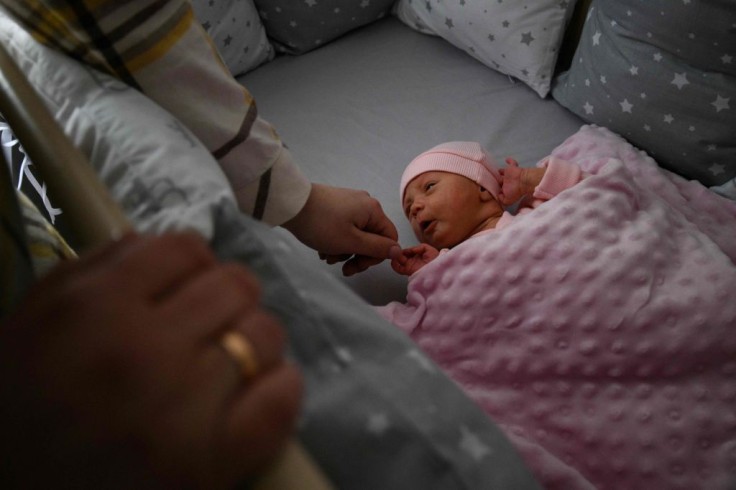
The American Academy of Pediatrics (AAP) has issued a warning regarding the use of weighted sleep sacks and swaddles for infants, cautioning parents and caregivers about the potential dangers associated with these products.
The AAP's concerns center around the increased risk of sudden infant death syndrome (SIDS) and other life-threatening hazards.
As weighted sleep products gain popularity among parents seeking to provide comfort to their babies, the pediatricians' group emphasizes the need for further research and precautionary measures to ensure infant safety.
Pediatricians Raise Concerns About Potential Dangers
According to Gizmodo, pediatricians from the AAP are sounding the alarm about weighted sleep sacks and swaddles, citing potential risks to infants.
These products, designed to provide a sense of comfort and security by simulating the feeling of being cradled or hugged, could pose serious threats to babies' well-being.
The AAP highlights the danger of hindering infants' ability to respond to hazards such as oxygen deprivation and the potential for chest compression, particularly in newborns with more flexible rib cages.
The weight applied to a child's chest during sleep may impede breathing and increase the risk of SIDS.
Weighted sleep sacks and swaddles have gained popularity among parents as they seek ways to soothe their infants and improve sleep quality.
However, the AAP cautions that the perceived benefits of these products must be carefully weighed against their potential risks.
While manufacturers like Dreamland Baby and Nested Bean maintain the safety of their offerings, the AAP emphasizes the need for rigorous research and evidence to support such claims.
The controversy lies in striking a balance between providing comfort and ensuring the safety of infants during sleep.
The potential hazards of weighted sleep products underscore the importance of informed decision-making by parents and caregivers.
According to NBC News, researchers conducted an experiment where they placed oval weights on infants' chests, similar to Nested Bean's products.
They gradually increased the weight from 1 ounce to approximately 9.5 ounces.
The study concluded that as the weight on the chest increased, the infants' pulse rate increased while their blood oxygen levels (SpO2) generally decreased.
This decrease in oxygen level was statistically significant for all weights tested, and the increase in pulse rate was statistically significant for weights exceeding 1 ounce. One baby attempted to remove the weight as it became heavier.
The study mentioned that the average oxygen saturation levels remained above 95%, which is considered healthy for infants and adults.
However, it cautioned that during longer sleeping periods, there was a potential for oxygen levels to decline to unsafe levels.
The researchers also highlighted the possibility of infants experiencing fatigue, which could compromise their ability to breathe.
Dr. Rachel Moon, the chair of the AAP's task force on SIDS, emphasized this as another risk factor for infants.
Call for Further Research and Precautionary Measures
In response to the growing concerns surrounding weighted sleep sacks and swaddles, it is urging regulatory bodies, including the Consumer Product Safety Commission and ASTM International, to take a precautionary approach, according to the AAP.
The pediatricians' group opposes the establishment of voluntary safety standards for these products, highlighting the need for comprehensive research to understand the potential dangers they may pose.
By advocating for a thorough examination of the risks before any safety standards are implemented, the AAP aims to protect infants from harm and prevent a recurrence of previous incidents involving novel sleep-related products.
The organization's goal is to avoid tragic outcomes that could irreversibly impact families due to sleep-related deaths.
As parents and caregivers navigate the decision-making process regarding weighted sleep products, the AAP emphasizes the importance of consulting with pediatricians and seeking evidence-based guidance.
It is crucial to prioritize infant safety and consider alternative methods to provide comfort and promote healthy sleep habits.
While the controversy surrounding weighted sleep sacks and swaddles persists, the AAP's cautionary stance serves as a reminder to prioritize research and thorough evaluation before adopting new sleep products for infants.